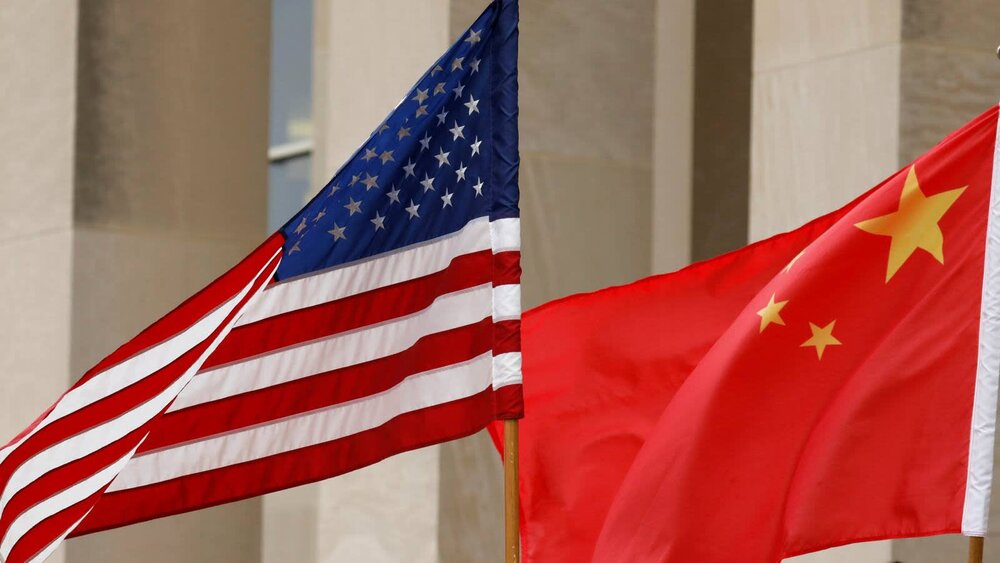How U.S.-China trade deal is going to impact Iranian oil exports?

TEHRAN – Tomorrow, the U.S., and China are going to sign a trade deal, which is expected to ease the tensions between the two economic rivals and push the global economy out of recession and bring markets back to life.
The deal, which is labeled as the “Phase 1 trade deal”, is going to be signed by U.S. President Donald Trump and China's Vice Premier Liu He, at the White House.
Despite the undeniable positive impact of the deal on the global markets, the consequences of this deal for the Iranian oil market could be a little complicated. Since, on one side, the increase in oil prices as the result of the trade deal would benefit the Iranian oil industry like all others, but on the other side, it could force China to take some reassuring actions in order to show its determination for ending the trade war.
That means, under U.S. pressures, and to cement the agreement with the Americans, China could probably cut or even end its oil imports from Iran.
The U.S.-China-Iran triangle
Tensions between the U.S. and Iran have been escalating in recent weeks after the U.S. assassinated the top Iranian General Qassem Soleimani in an airstrike, and Iran answered with an attack on U.S. military bases in Iraq.
Following Iran’s revenge, Washington imposed new sanctions on the Iranian metal sector and some of the country’s senior officials.
The Trump administration has also intensified the pressure on Iranian allies, like China, for reducing their economic transactions with the Islamic republic and follow the Americans’ lead in isolating Iran.
China, however, so far, has been resisting such pressures and despite the U.S. threats and imposing penalties on Chinese tanker companies dealing with Iranian oil, the country has continued to import oil from the Islamic Republic.
Now with the U.S. and China on the verge of signing the significant agreement, the Trump administration is using this deal as leverage to make the Chinese side bend to their wills in cutting ties with Iran.
Earlier on Sunday, U.S. Secretary of the Treasury, Steven Mnuchin, told Fox News that “The United States is working closely with China to have it cut off altogether imports of Iranian crude oil.”
Possible deal outcomes
As I mentioned earlier, despite the U.S. sanctions, China still remains Iran’s top oil customer, and the idea of the Asian country cutting ties with Iran would be a huge blow to the Iranian oil industry and economy in general.
However, despite all the hype around the trade deal between the U.S. and China, many believe that this deal is just the first step toward a possible truce and the two sides have a long way ahead for reaching a complete alliance.
As reported by Reuters, Myron Brilliant, the U.S. Chamber of Commerce’s Executive Vice President said on Monday that the Phase 1 trade deal “stops the bleeding” but does not end the trade war.
So it is very unlikely that China would lose one of its biggest trade partners in the Middle East region over a deal which is not even very promising.
Considering the fact that, so far, Washington has done everything in its power to cut off Iran's oil exports to zero, but it hasn’t succeeded in this regard, under the current circumstances too, it is unlikely that its pressure on China will lead to a disruption of the country's oil exports.
Therefore, the trade agreement could also have a bright side for the Iranian oil industry. That is to say, a proper trade deal could benefit the global economy and leads it out of recession and thereby alleviate the dark prospect of oil demand.
The trade deal could act as a stimulus for demand growth and, by removing the biggest obstacle to the rising of oil prices over the past year, push the oil prices to higher levels, and consequently boost Iran's oil revenues.
EF/MA
